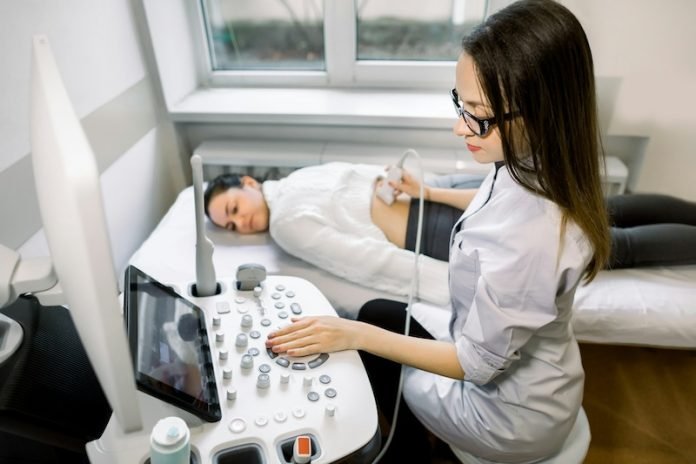
Polycystic kidney disease (PKD) is a genetic disorder characterized by the growth of numerous cysts in the kidneys. These cysts, filled with fluid, can profoundly affect kidney function and lead to chronic kidney disease.
PKD is one of the most common life-threatening genetic diseases, affecting millions worldwide. This article explores the causes of PKD, presenting the information in an easy-to-understand format for those not in the scientific or medical fields.
PKD primarily affects the kidneys, but its impact can reach other systems in the body, leading to complications such as high blood pressure and problems with blood vessels in the brain and heart.
There are two main types of PKD: autosomal dominant polycystic kidney disease (ADPKD) and autosomal recessive polycystic kidney disease (ARPKD), each with different genetic causes and patterns of inheritance.
Autosomal Dominant Polycystic Kidney Disease (ADPKD): This form is the more common type of PKD and usually manifests later in life, often not until middle age.
ADPKD is called “autosomal dominant” because it requires only one copy of the mutated gene to be passed from a parent to the child for the disease to potentially develop. If one parent has ADPKD, each child has a 50% chance of inheriting the condition.
The genes identified in connection with ADPKD are PKD1 and PKD2. Mutations in PKD1 are more common and typically result in a more severe form of the disease.
Research has shown that these genetic mutations cause problems in the structure and function of proteins in kidney cells. These proteins are involved in cellular growth and function, and when they malfunction, it leads to abnormal cell growth and cyst formation.
As the cysts accumulate, they can enlarge the kidneys and impair their ability to filter waste products from the blood effectively.
Autosomal Recessive Polycystic Kidney Disease (ARPKD): ARPKD is less common and often more severe, with symptoms appearing in infancy or early childhood, although some forms manifest later in life.
This type is called “autosomal recessive” because a child needs to inherit a copy of the defective gene from each parent to develop the disease. Thus, even if neither parent has the disease themselves, each must carry one copy of the mutated gene.
The gene associated with ARPKD is PKHD1, which affects fibrocystin, a protein thought to be involved in the normal development and functioning of the kidneys and liver.
The progression and severity of PKD can be influenced by various factors, even among members of the same family. Lifestyle factors and genetic background may influence the rate of cyst development and kidney degradation.
High blood pressure, which often accompanies PKD, can further exacerbate the damage to the kidneys.
Managing PKD: While there is no cure for PKD, treatment focuses on managing symptoms and preventing or slowing the progression of the disease.
This can include blood pressure control, pain management, and treatment of kidney and urinary tract infections. In severe cases, dialysis or kidney transplantation may be necessary.
Understanding the genetic origins of PKD has also opened up new avenues for research, including potential gene therapies.
Researchers are exploring ways to slow the growth of cysts or potentially correct the genetic mutations before they cause disease, offering hope for future treatments.
In conclusion, polycystic kidney disease is primarily caused by genetic mutations that are inherited from one’s parents. These mutations lead to the growth of numerous cysts which disrupt kidney function.
Advances in genetic research and a better understanding of how these mutations affect kidney cells are leading to improved management strategies and could potentially lead to effective treatments or cures in the future.
For those with PKD or with a family history of the disease, genetic counseling may provide insights and guidance on managing the condition and planning for the future.
If you care about kidney health, please read studies about how to protect your kidneys from diabetes, and drinking coffee could help reduce risk of kidney injury.
For more information about kidney health, please see recent studies about foods that may prevent recurrence of kidney stones, and eating nuts linked to lower risk of chronic kidney disease and death.
Copyright © 2024 Knowridge Science Report. All rights reserved.



